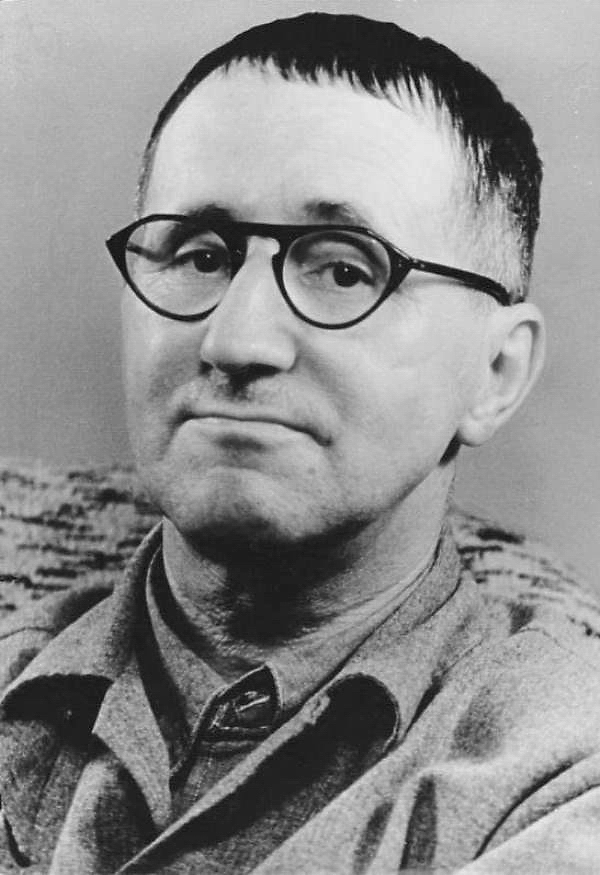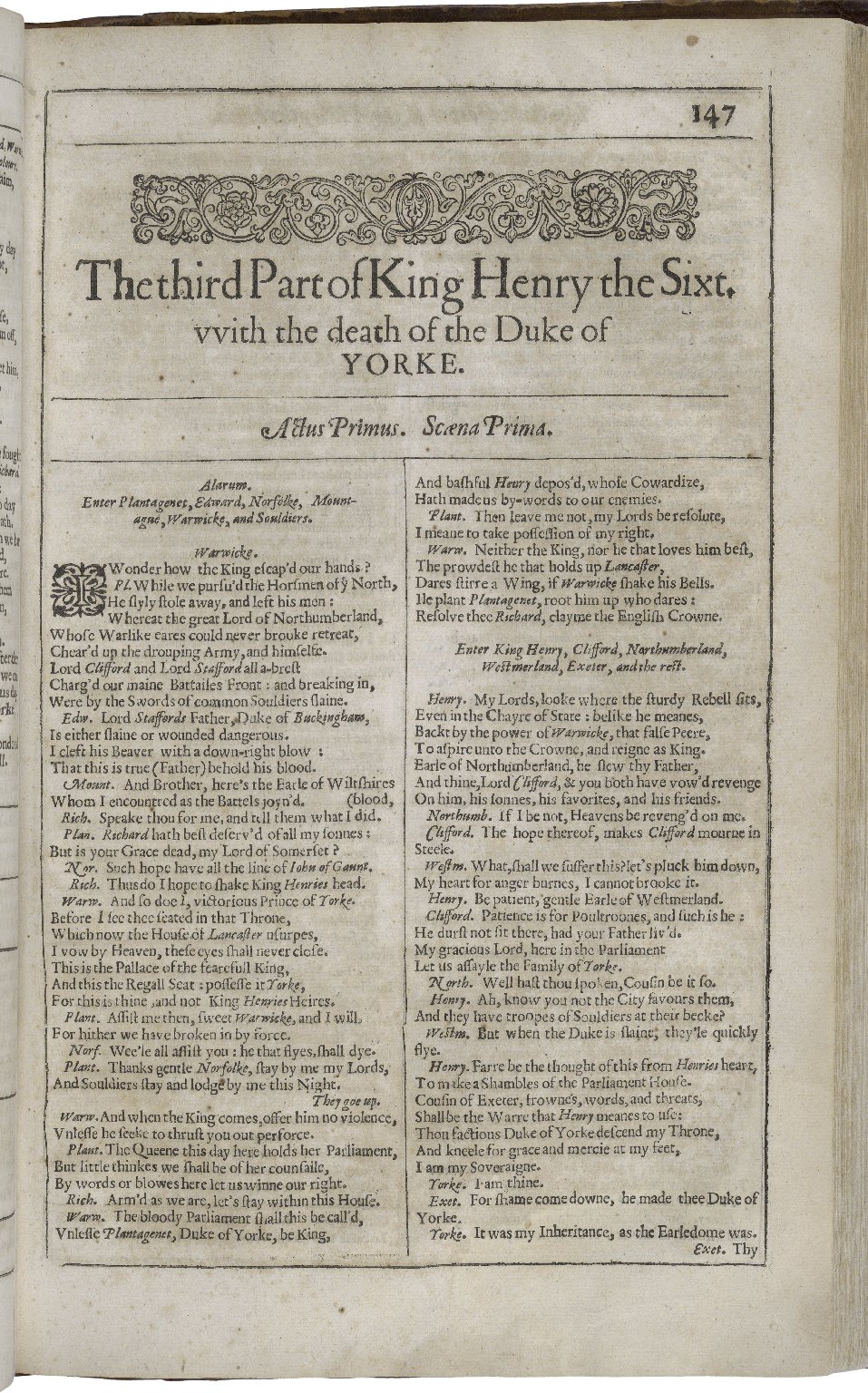|
David Lyn
David Lyn Jenkins (30 April 1927 – 4 August 2012), known professionally as David Lyn, was a Welsh television, filmFilmography of David Lyn Database and stage actor and director who in his 40 year career was at the forefront in the development of professional theatre in in the 1960s and 70s and won a BAFTA Cymru award. |
Porth
Porth ( cy, Y Porth) is a town and a community in the county borough of Rhondda Cynon Taf, within the historic county boundaries of Glamorgan, Wales. Lying in the Rhondda Valley, it is regarded as the gateway connecting the Rhondda Fawr and Rhondda Fach valleys due to both valleys meeting at Porth. The Welsh word "porth" means "gate". Porth is a predominantly English-speaking community. Neighbouring villages include Trealaw, Trebanog, Trehafod and Ynyshir. History Early history During prehistoric times the area now known as Porth was an uninhabited wooded area. Although there is evidence of settlements in the upper reaches of the valley, only cairns used as way-markers have been discovered on the higher points in the Porth area. During the medieval period the area came under the commote of Glynrhondda within the cantref of Penychen, though the area remained uninhabited. Although there were no permanent buildings of note at this time, it is known that the area would have expe ... [...More Info...] [...Related Items...] OR: [Wikipedia] [Google] [Baidu] |
The Wars Of The Roses (adaptation)
''The Wars of the Roses'' was a 1963 theatrical adaptation of William Shakespeare's first historical tetralogy (''Henry VI, Part 1, 1 Henry VI'', ''Henry VI, Part 2, 2 Henry VI'', ''Henry VI, Part 3, 3 Henry VI'' and ''Richard III (play), Richard III''), which deals with the conflict between the House of Lancaster and the House of York over the throne of England, a conflict known as the Wars of the Roses. The plays were adapted by John Barton (director), John Barton, and directed by Barton and Peter Hall (director), Peter Hall at the Royal Shakespeare Theatre. The production starred David Warner (actor), David Warner as Henry VI of England, Henry VI, Peggy Ashcroft as Margaret of Anjou, Donald Sinden as the Richard of York, 3rd Duke of York, Duke of York, Paul Hardwick as the Humphrey, Duke of Gloucester, Duke of Gloucester, Janet Suzman as Joan of Arc, Joan la Pucelle, Brewster Mason as the Richard Neville, 16th Earl of Warwick, Earl of Warwick, Roy Dotrice as Edward IV of Englan ... [...More Info...] [...Related Items...] OR: [Wikipedia] [Google] [Baidu] |
The Caretaker
''The Caretaker'' is a play in three acts by Harold Pinter. Although it was the sixth of his major works for stage and television, this psychological study of the confluence of power, allegiance, innocence, and corruption among two brothers and a tramp, became Pinter's first significant commercial success. It premiered at the Arts Theatre Club in London's West End on 27 April 1960 and transferred to the Duchess Theatre the following month, where it ran for 444 performances before departing London for Broadway. In 1963, a film version of the play based on Pinter's unpublished screenplay was directed by Clive Donner. The movie starred Alan Bates as Mick and Donald Pleasence as Davies in their original stage roles, while Robert Shaw replaced Peter Woodthorpe as Aston. First published by both Encore Publishing and Eyre Methuen in 1960, ''The Caretaker'' remains one of Pinter's most celebrated and oft-performed plays. Plot summary Act I ''A night in winter'' ; cene 1Aston has in ... [...More Info...] [...Related Items...] OR: [Wikipedia] [Google] [Baidu] |
Harold Pinter
Harold Pinter (; 10 October 1930 – 24 December 2008) was a British playwright, screenwriter, director and actor. A Nobel Prize winner, Pinter was one of the most influential modern British dramatists with a writing career that spanned more than 50 years. His best-known plays include '' The Birthday Party'' (1957), ''The Homecoming'' (1964) and ''Betrayal'' (1978), each of which he adapted for the screen. His screenplay adaptations of others' works include ''The Servant'' (1963), ''The Go-Between'' (1971), ''The French Lieutenant's Woman'' (1981), ''The Trial'' (1993) and ''Sleuth'' (2007). He also directed or acted in radio, stage, television and film productions of his own and others' works. Pinter was born and raised in Hackney, east London, and educated at Hackney Downs School. He was a sprinter and a keen cricket player, acting in school plays and writing poetry. He attended the Royal Academy of Dramatic Art but did not complete the course. He was fined for refus ... [...More Info...] [...Related Items...] OR: [Wikipedia] [Google] [Baidu] |
Henry IV, Part 1
''Henry IV, Part 1'' (often written as ''1 Henry IV'') is a history play by William Shakespeare, believed to have been written no later than 1597. The play dramatises part of the reign of King Henry IV of England, beginning with the battle at Homildon Hill late in 1402, and ending with King Henry's victory in the Battle of Shrewsbury in mid-1403. In parallel to the political conflict between King Henry and a rebellious faction of nobles, the play depicts the escapades of King Henry's son, Prince Hal (the future King Henry V), and his eventual return to court and favour. ''Henry IV, Part 1'' is the first of Shakespeare's two plays which deal with the reign of Henry IV (the other being '' Henry IV, Part 2''), and the second play in the Henriad, a modern designation for the tetralogy of plays that deal with the successive reigns of Richard II, Henry IV, and Henry V. From its first performance on, it has been an extremely popular work both with the public and critics. Characte ... [...More Info...] [...Related Items...] OR: [Wikipedia] [Google] [Baidu] |
Henry V (play)
''Henry V'' is a history play by William Shakespeare, believed to have been written near 1599. It tells the story of King Henry V of England, focusing on events immediately before and after the Battle of Agincourt (1415) during the Hundred Years' War. In the First Quarto text, it was titled ''The Cronicle History of Henry the fift'', and ''The Life of Henry the Fifth'' in the First Folio text. The play is the final part of a tetralogy, preceded by '' Richard II'', ''Henry IV, Part 1'', and '' Henry IV, Part 2''. The original audiences would thus have already been familiar with the title character, who was depicted in the ''Henry IV'' plays as a wild, undisciplined young man. In ''Henry V'', the young prince has matured. He embarks on an expedition to France and, his army badly outnumbered, defeats the French at Agincourt. Characters * Chorus The English * King Henry V * Duke of Gloucester – Henry's brother * Duke of Bedford – Henry's brother * Duke of Clarence – He ... [...More Info...] [...Related Items...] OR: [Wikipedia] [Google] [Baidu] |
Richard II (play)
''The Life and Death of King Richard the Second'', commonly called ''Richard II'', is a history play by William Shakespeare believed to have been written around 1595. It is based on the life of King Richard II of England (ruled 1377–1399) and chronicles his downfall and the machinations of his nobles. It is the first part of a tetralogy, referred to by some scholars as the Henriad, followed by three plays about Richard's successors: ''Henry IV, Part 1''; '' Henry IV, Part 2''; and ''Henry V''. Although the First Folio (1623) includes the play among the histories, the earlier Quarto edition of 1597 calls it ''The tragedie of King Richard the second''. Characters * King Richard II * John of Gaunt, Duke of Lancaster – Richard's uncle * Duke of York – Richard's uncle * Duke of Aumerle – York's son * Thomas Mowbray, Duke of Norfolk * Queen – Richard's wife (an unnamed composite of his first wife, Anne of Bohemia, and his second, Isabella of Valois, who was still a chil ... [...More Info...] [...Related Items...] OR: [Wikipedia] [Google] [Baidu] |
Edward IV (play)
''Edward IV, Parts 1 and 2'' is a two-part Elizabethan history play centring on the personal life of King Edward IV of England. It was published without an author's name attached, but is often attributed to Thomas Heywood, perhaps writing with collaborators. Publication history The two parts were entered into the Stationers' Register together on 28 August 1599, and were published together later that year in a quarto issued by the bookseller John Oxenbridge. The title page of the first edition states that the play was acted by " the Earl of Derby his servants". A second quarto was released in 1600 by Oxenbridge and Humphrey Lownes. The play was popular, and was reprinted in 1605, 1613, 1619, and 1626. All of the early quartos were anonymous; Heywood was first connected with the plays by Francis Kirkman in his 1661 play list. Plot The central character in the play is Jane Shore, the king's mistress. The historical events of the reign of Edward IV form a background, involving "th ... [...More Info...] [...Related Items...] OR: [Wikipedia] [Google] [Baidu] |
Richard III (play)
''Richard III'' is a play by William Shakespeare. It was probably written c. 1592–1594. It is labelled a history in the First Folio, and is usually considered one, but it is sometimes called a tragedy, as in the quarto edition. ''Richard III'' concludes Shakespeare's first tetralogy (also containing ''Henry VI, Part 1'', ''Henry VI, Part 2'', and ''Henry VI, Part 3'') and depicts the Machiavellian rise to power and subsequent short reign of King Richard III of England. It is the second longest play in the Shakespearean canon and is the longest of the First Folio, whose version of ''Hamlet'', otherwise the longest, is shorter than its quarto counterpart. The play is often abridged for brevity, and peripheral characters removed. In such cases, extra lines are often invented or added from elsewhere to establish the nature of the characters' relationships. A further reason for abridgment is that Shakespeare assumed his audiences' familiarity with his ''Henry VI'' plays, frequentl ... [...More Info...] [...Related Items...] OR: [Wikipedia] [Google] [Baidu] |
Henry VI, Part 3
''Henry VI, Part 3'' (often written as ''3 Henry VI'') is a history play by William Shakespeare believed to have been written in 1591 and set during the lifetime of King Henry VI of England. Whereas '' 1 Henry VI'' deals with the loss of England's French territories and the political machinations leading up to the Wars of the Roses and '' 2 Henry VI'' focuses on the King's inability to quell the bickering of his nobles, and the inevitability of armed conflict, ''3 Henry VI'' deals primarily with the horrors of that conflict, with the once stable nation thrown into chaos and barbarism as families break down and moral codes are subverted in the pursuit of revenge and power. Although the ''Henry VI'' trilogy may not have been written in chronological order, the three plays are often grouped together with ''Richard III'' to form a tetralogy covering the entire Wars of the Roses saga, from the death of Henry V in 1422 to the rise to power of Henry VII in 1485. It was the succes ... [...More Info...] [...Related Items...] OR: [Wikipedia] [Google] [Baidu] |
Henry VI, Part 2
''Henry VI, Part 2'' (often written as ''2 Henry VI'') is a Shakespearean history, history play by William Shakespeare believed to have been written in 1591 and set during the lifetime of King Henry VI of England. Whereas ''Henry VI, Part 1'' deals primarily with the Hundred Years' War#French victory: 1429–1453, loss of England's French territories and the political machinations leading up to the Wars of the Roses, and ''Henry VI, Part 3'' deals with the horrors of that conflict, ''2 Henry VI'' focuses on the King's inability to quell the bickering of his nobles, the death of his trusted adviser Humphrey, Duke of Gloucester, the rise of the Richard of York, 3rd Duke of York, Duke of York and the inevitability of armed conflict. As such, the play culminates with the opening battle of the War, the First Battle of St Albans (1455). Although the ''Henry VI'' trilogy may not have been written in chronological order, the three plays are often grouped together with Richard III (play ... [...More Info...] [...Related Items...] OR: [Wikipedia] [Google] [Baidu] |



_Sir_John_Soane’s_Museum.jpg)


